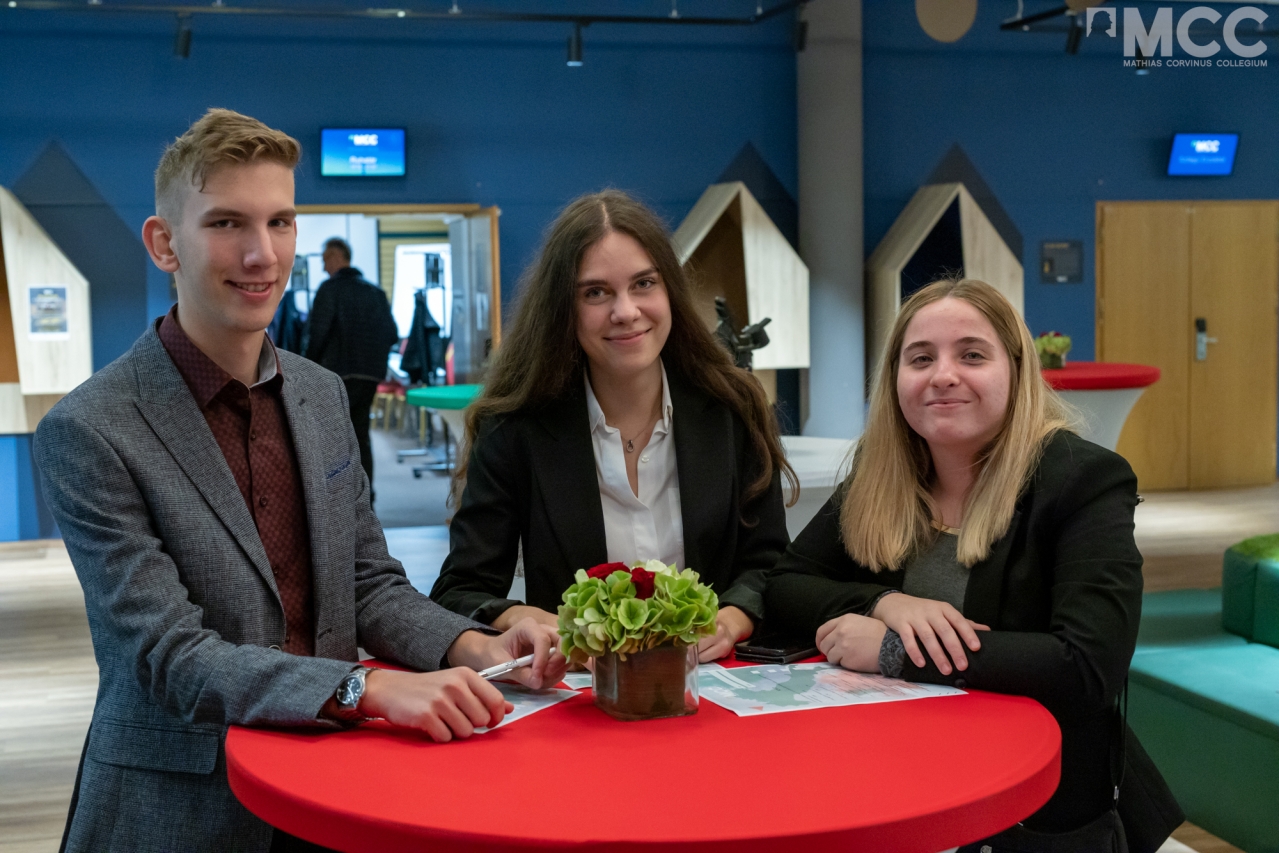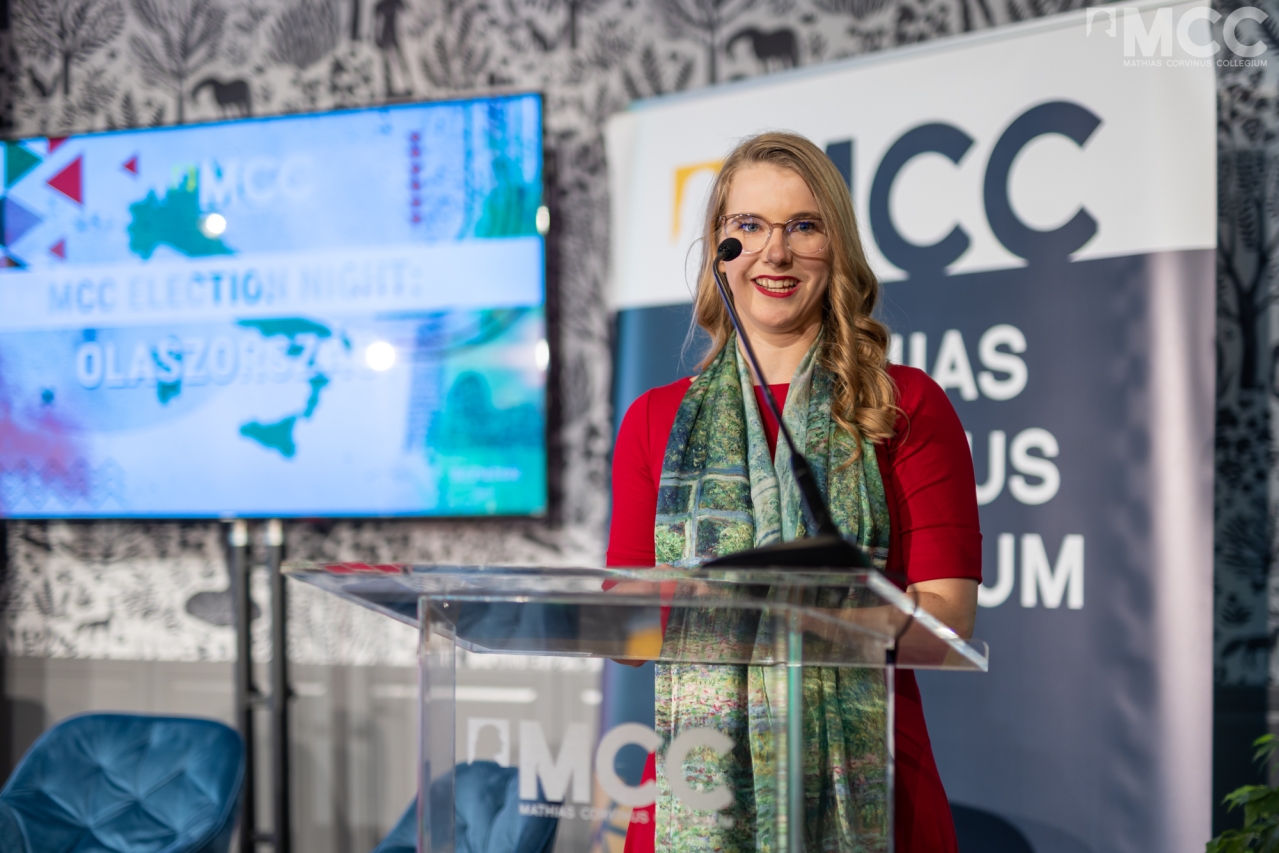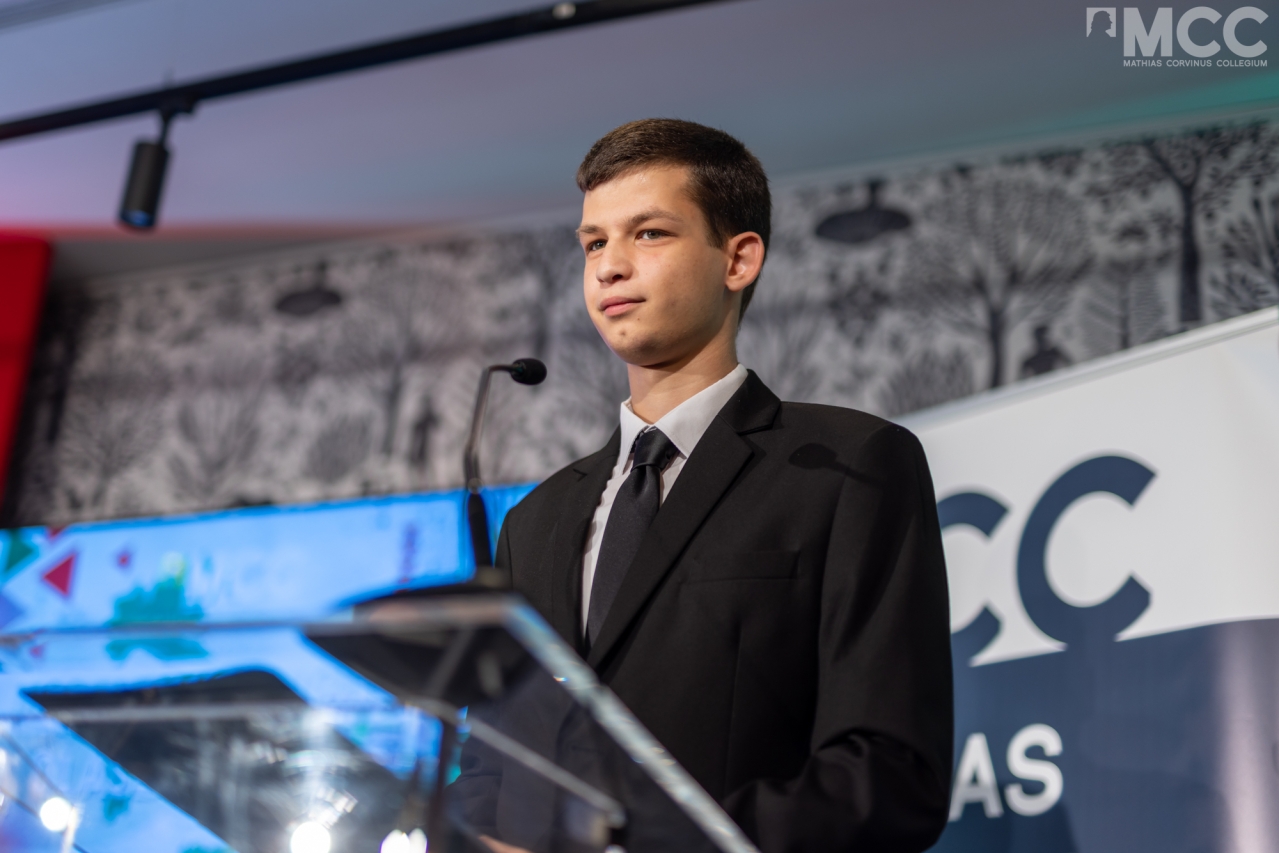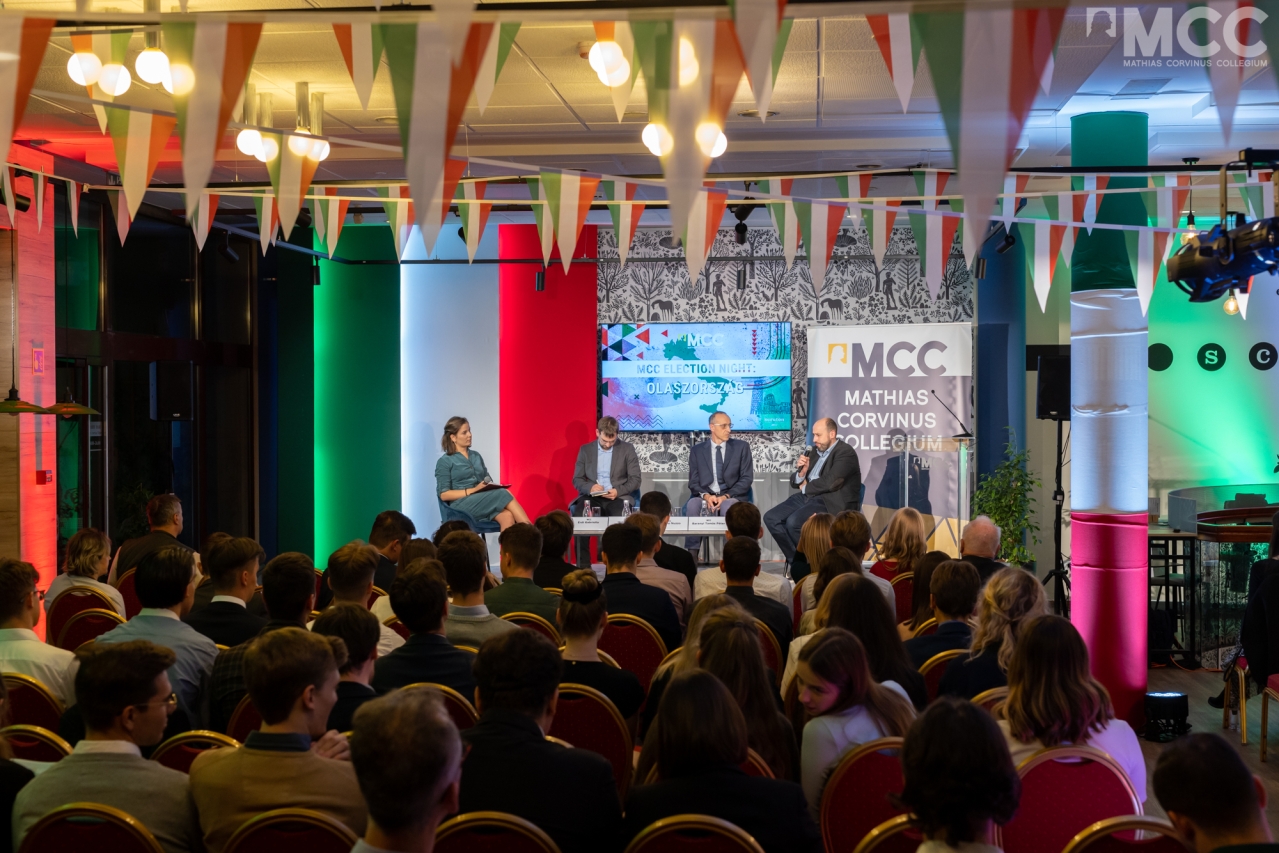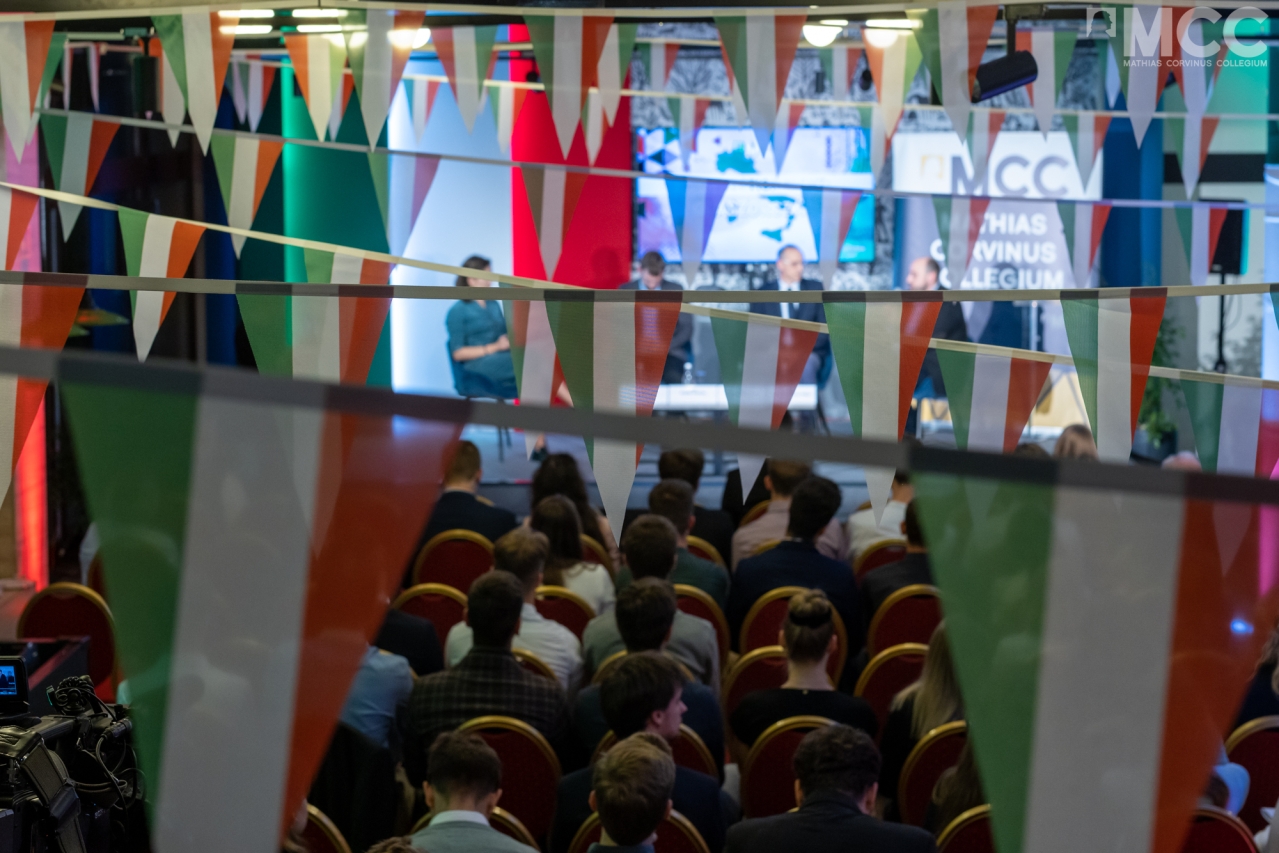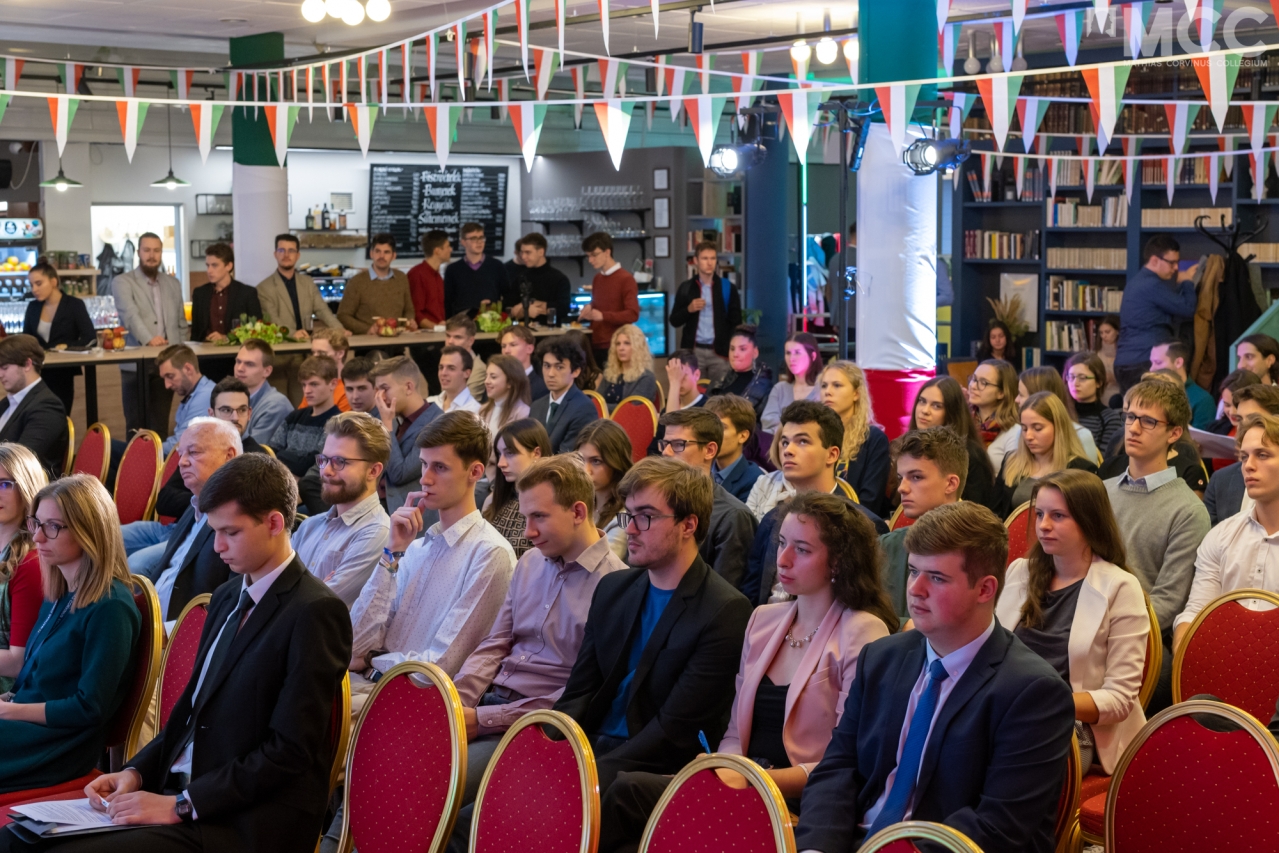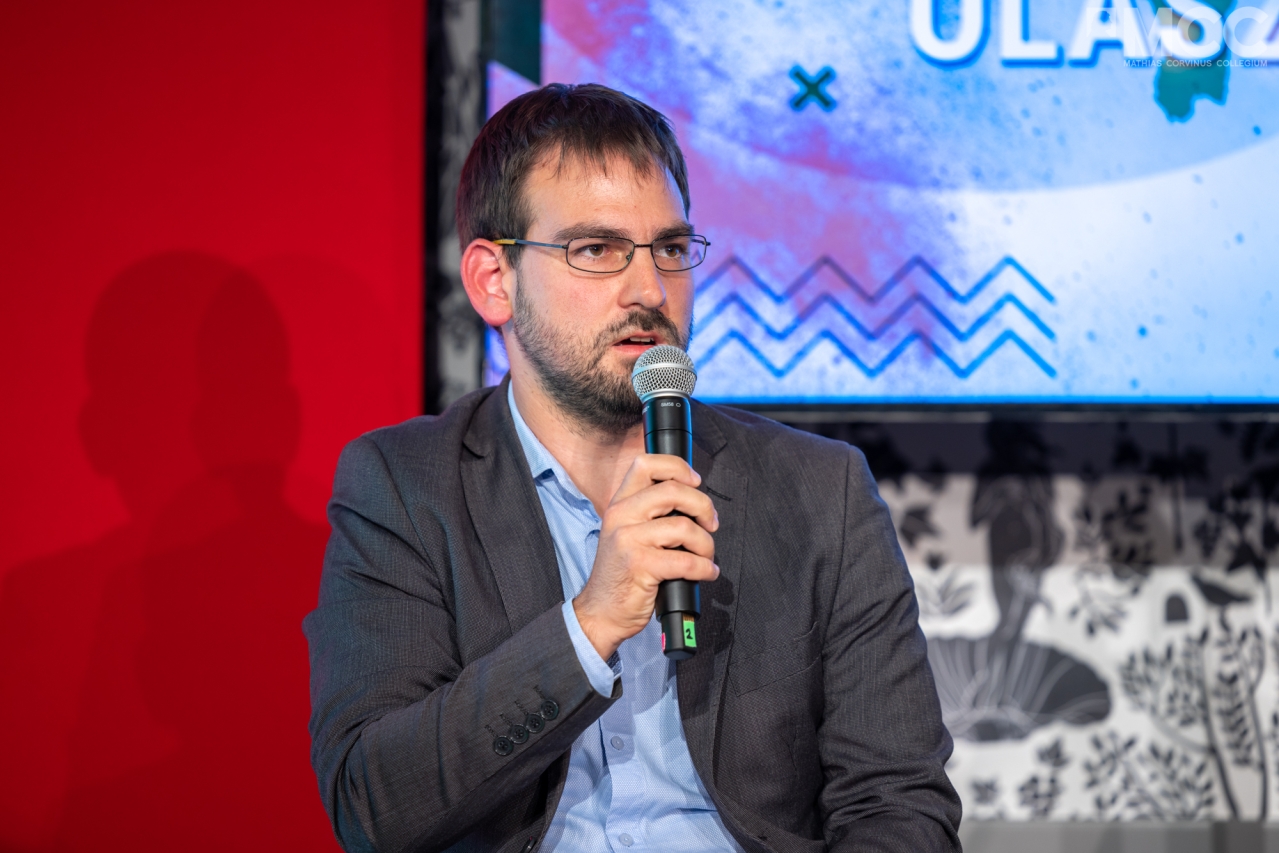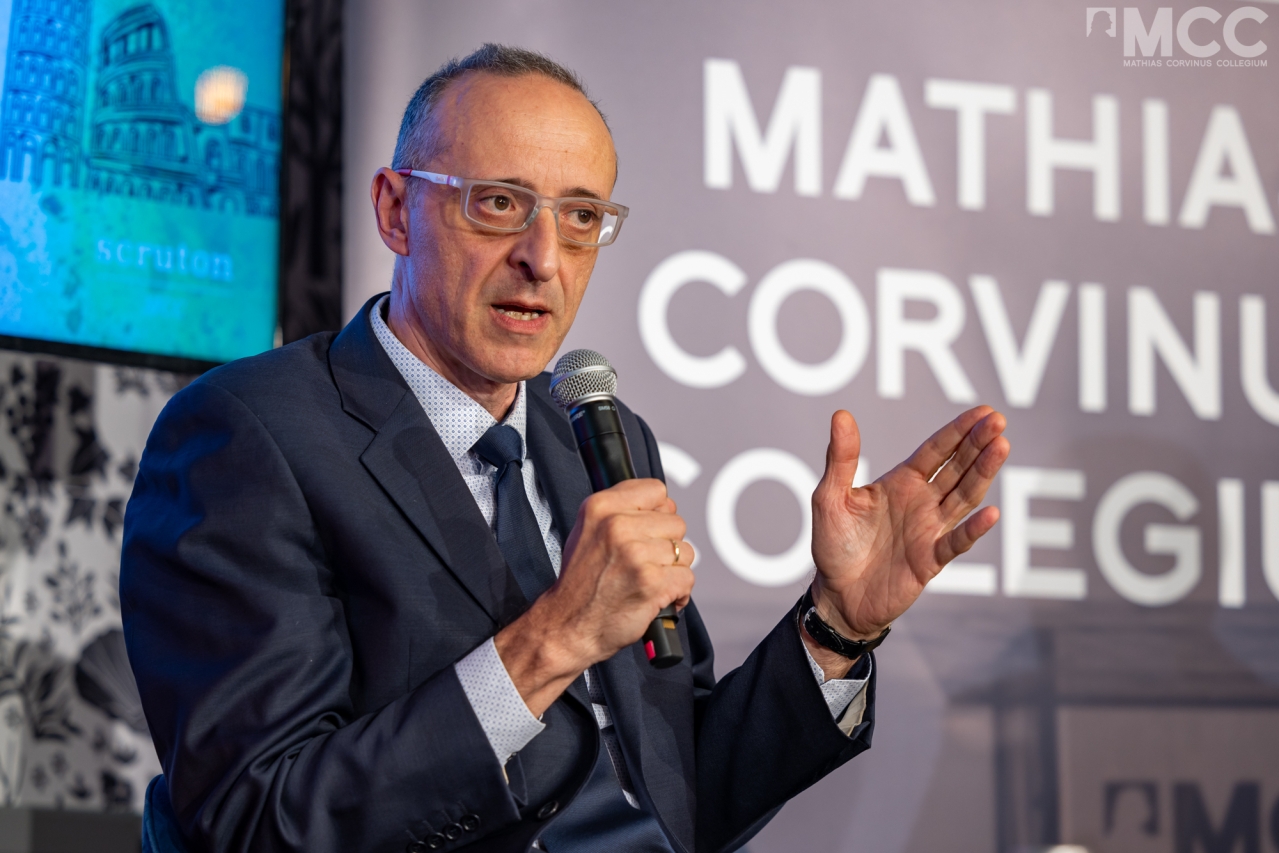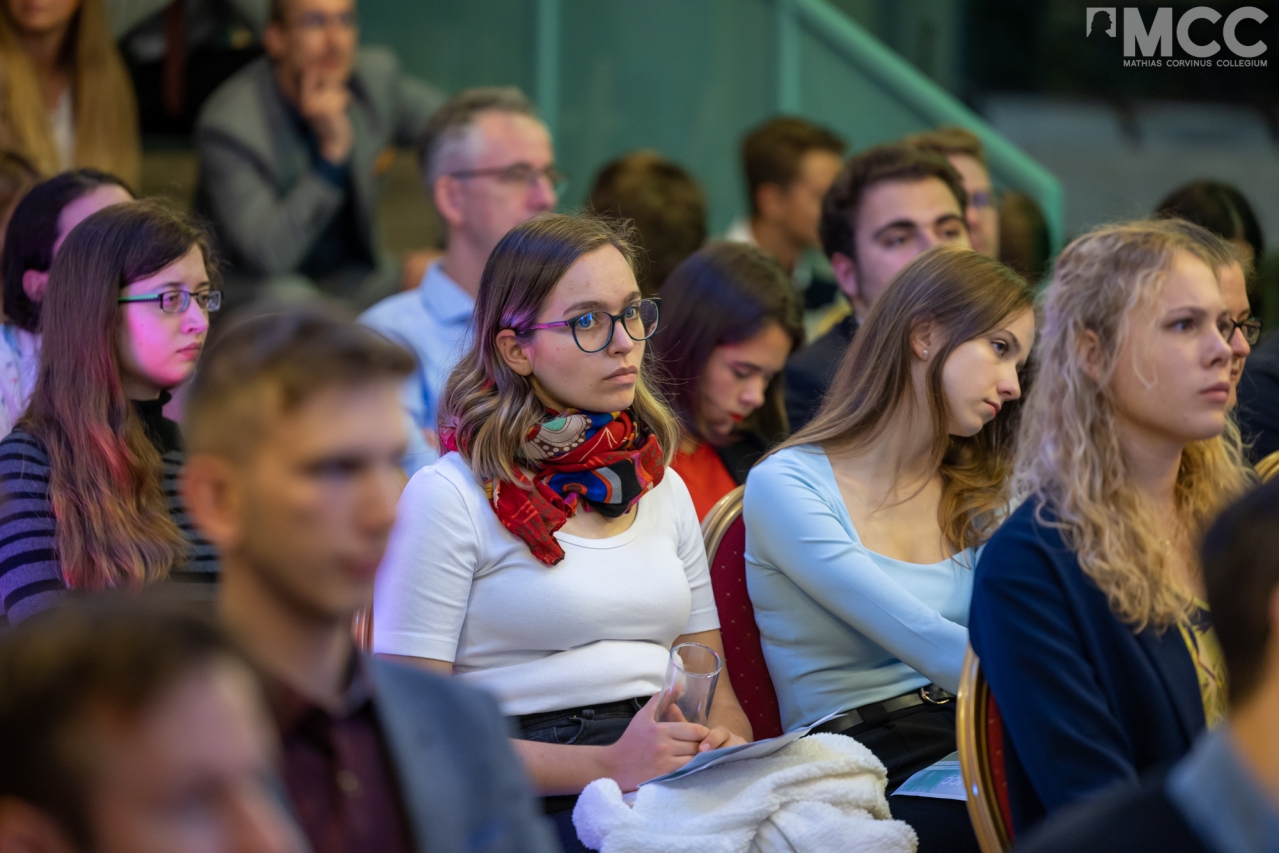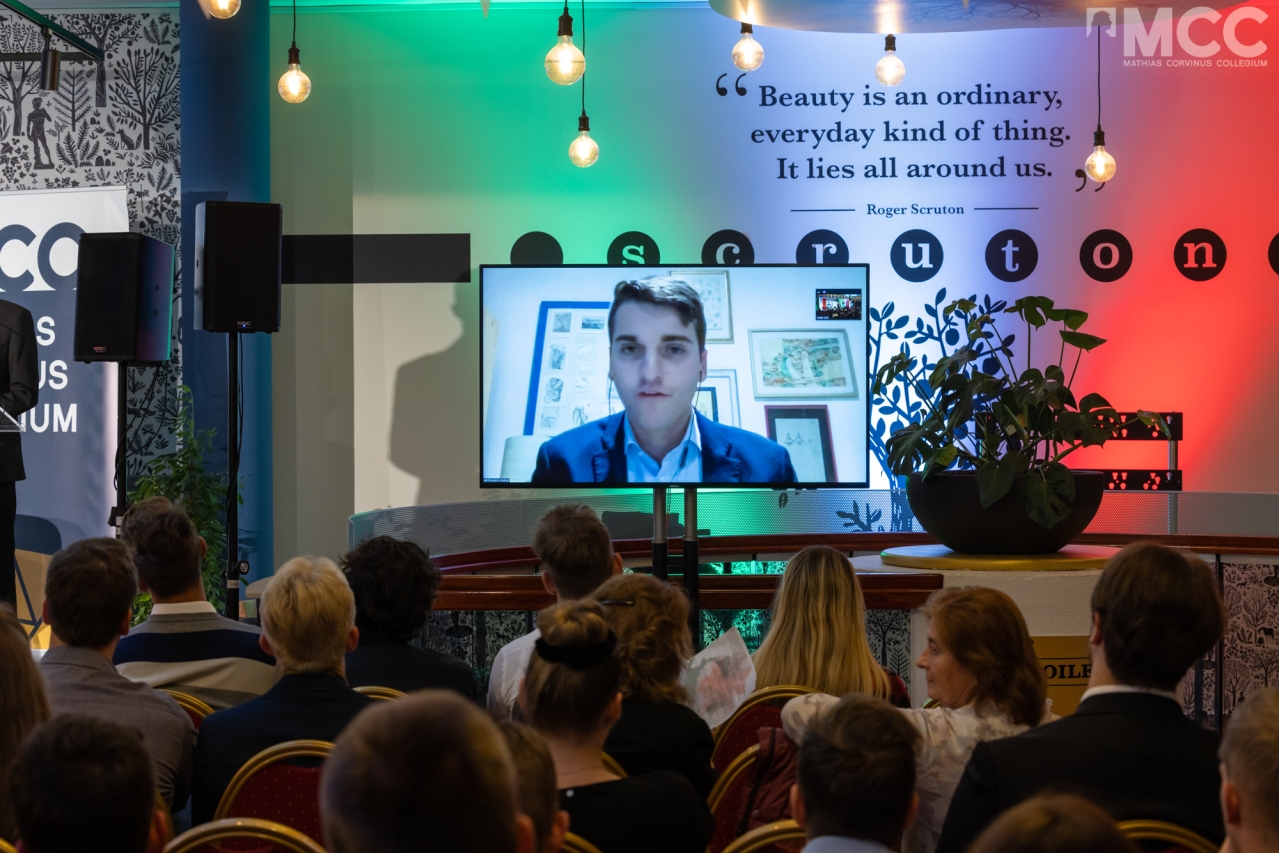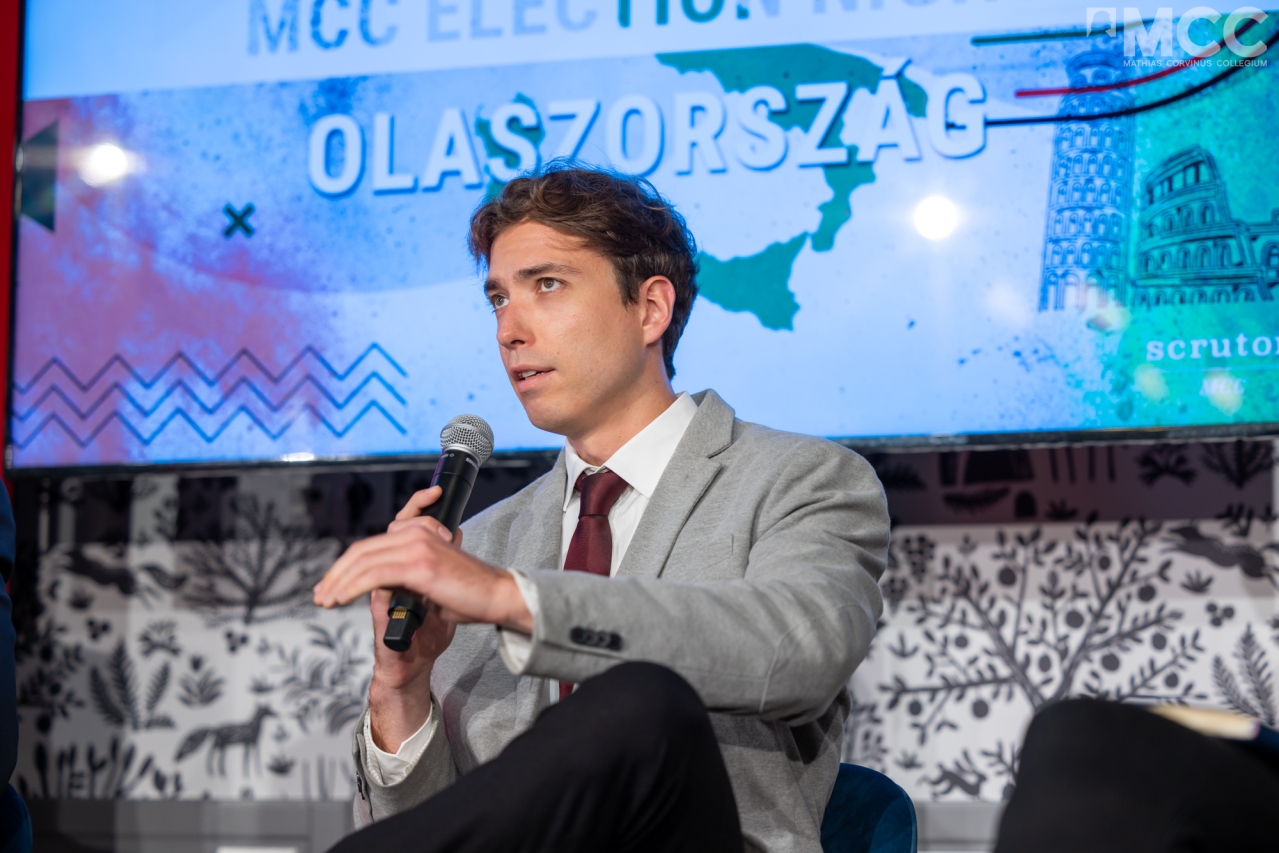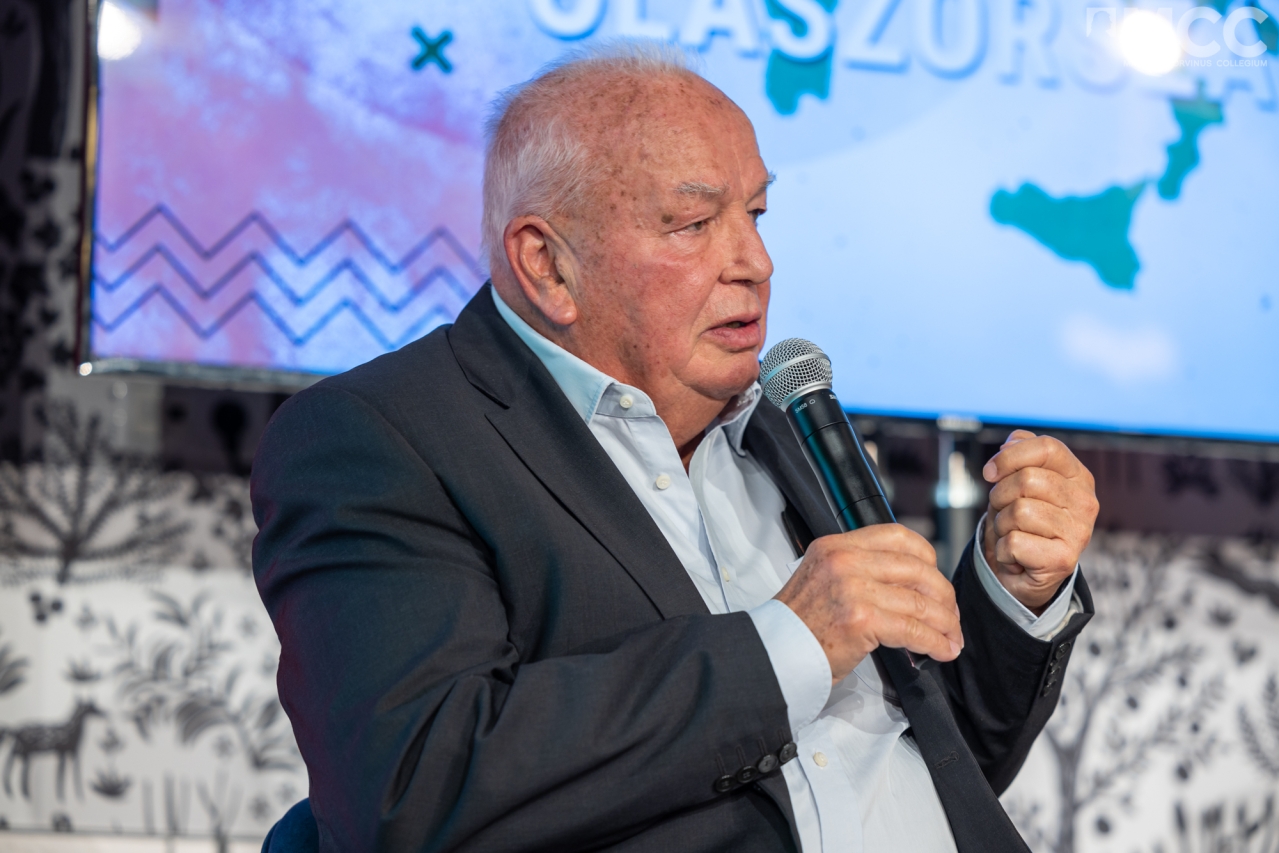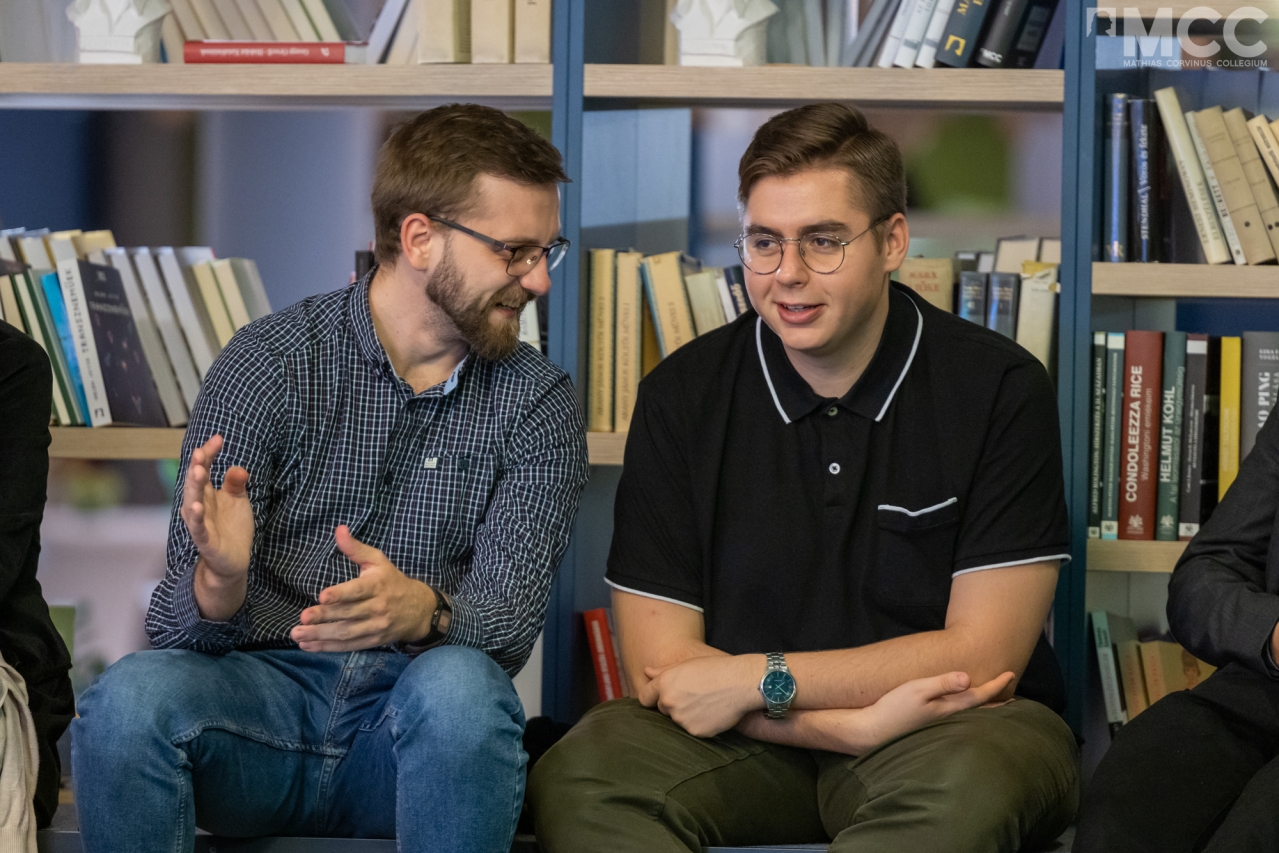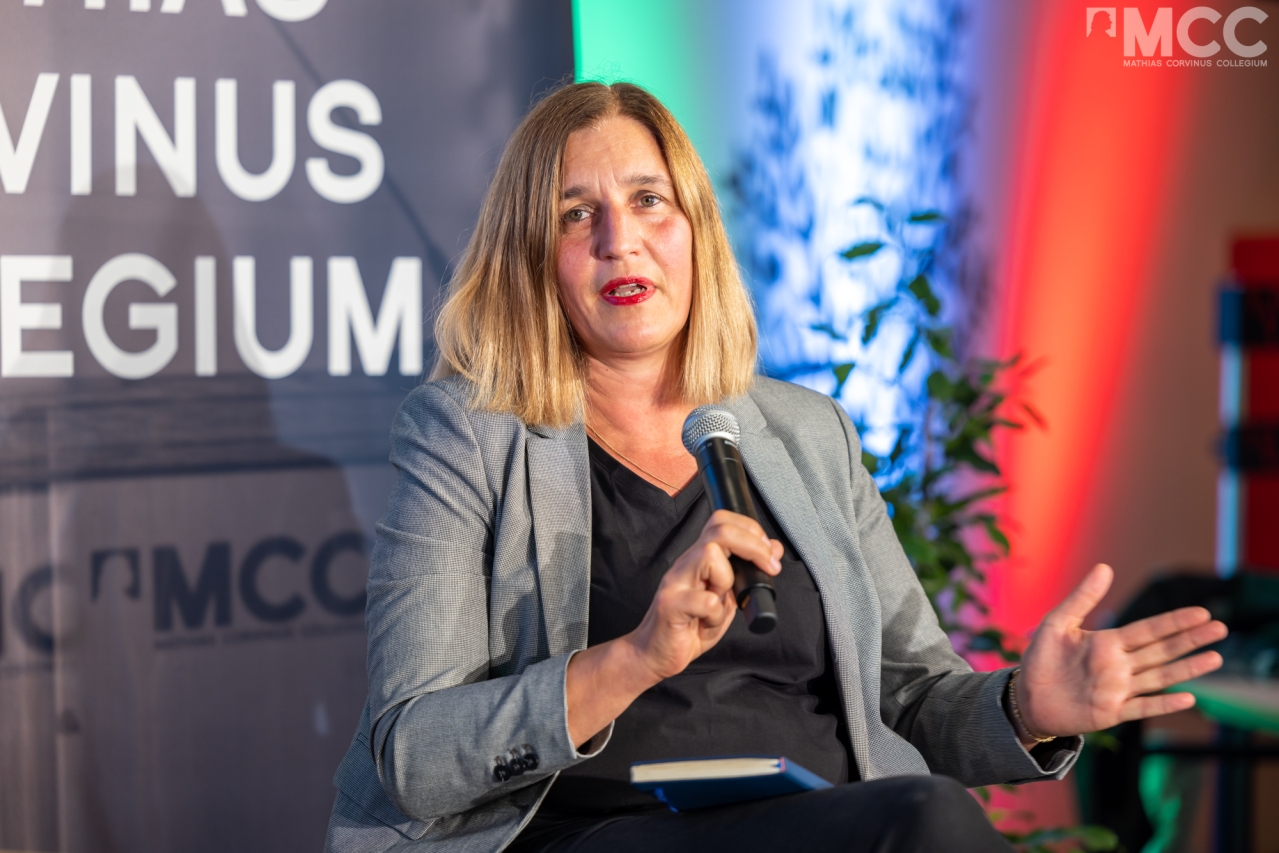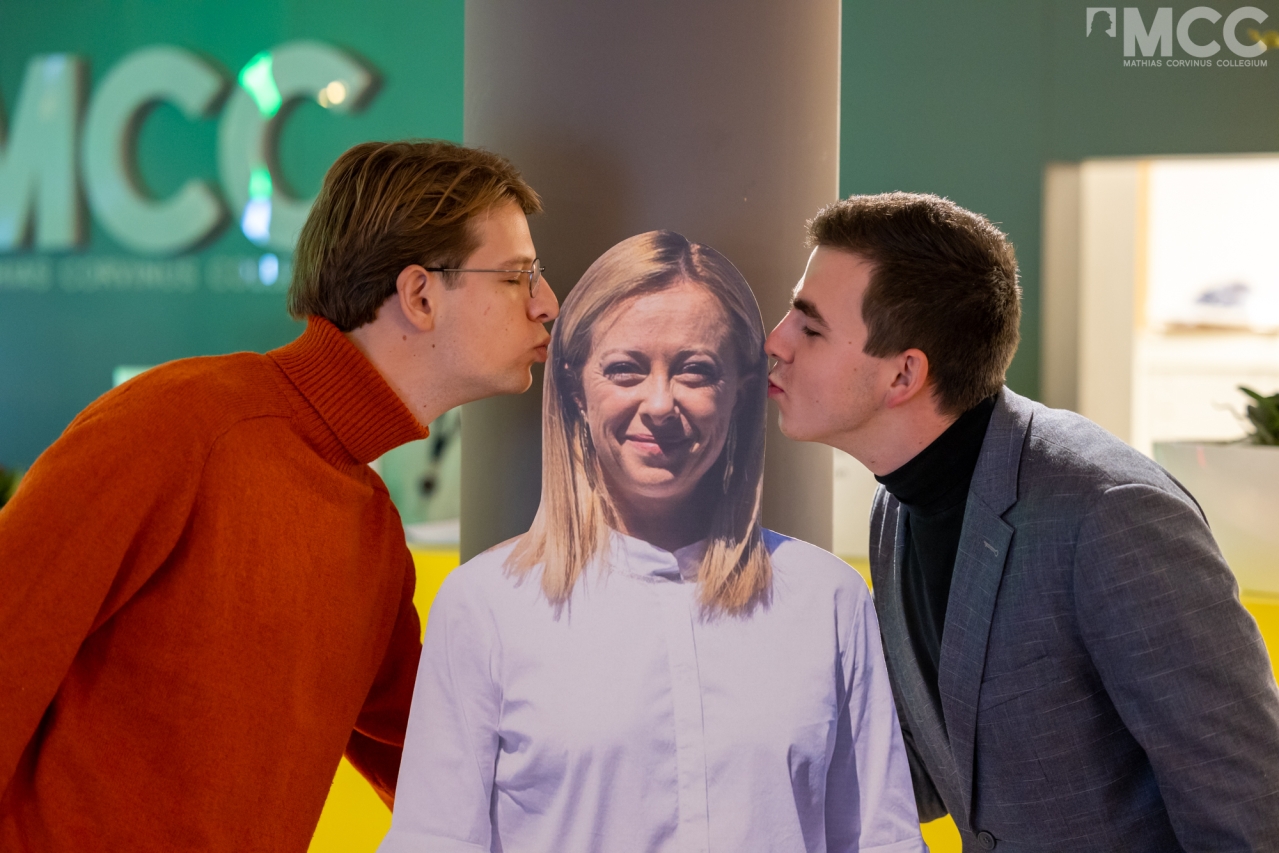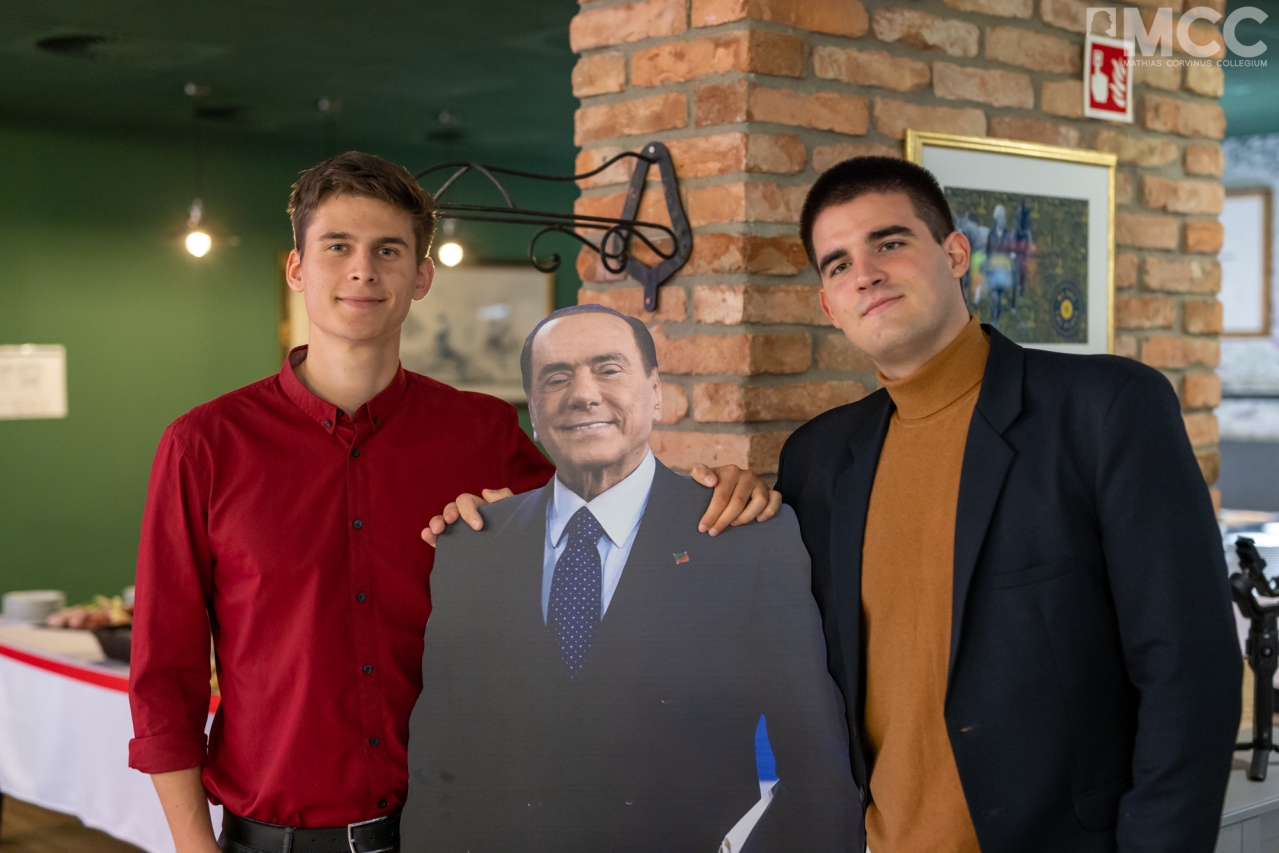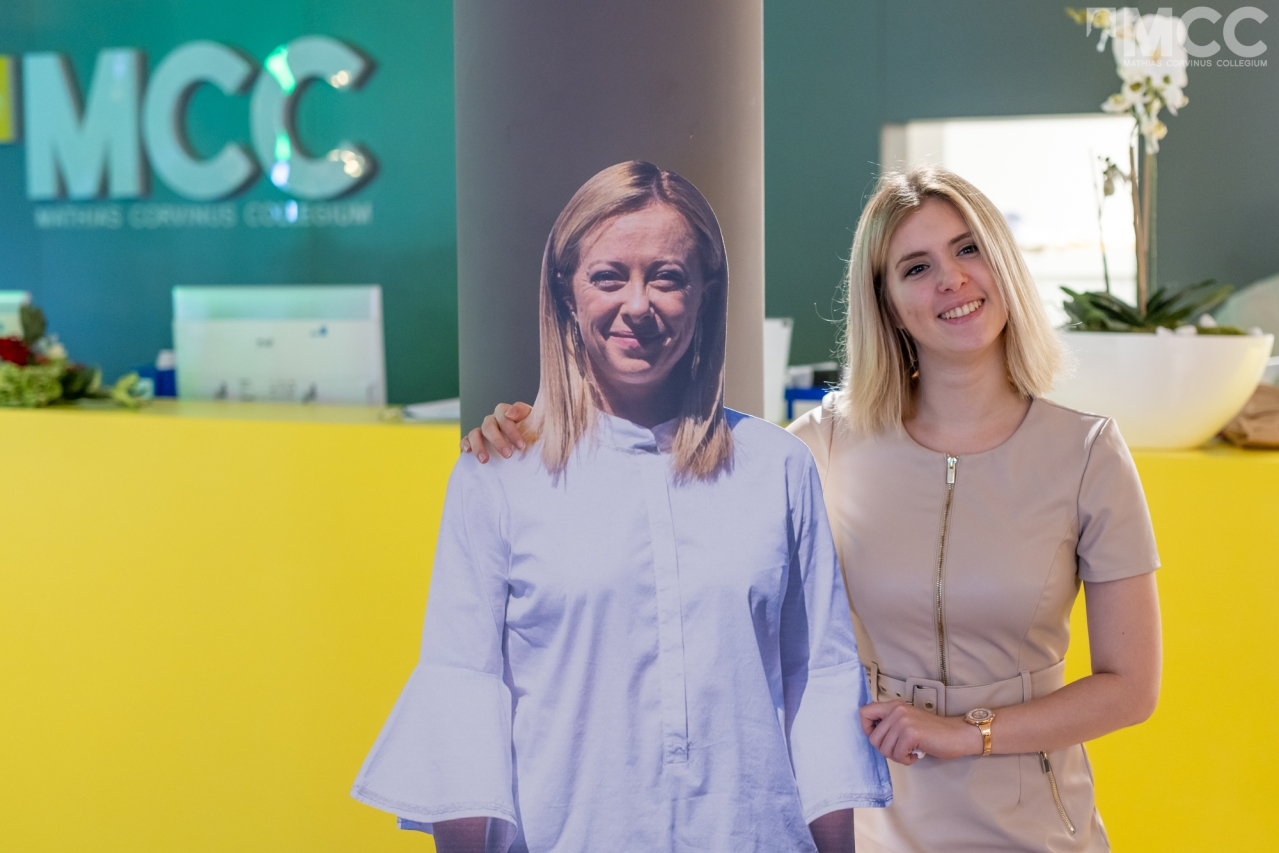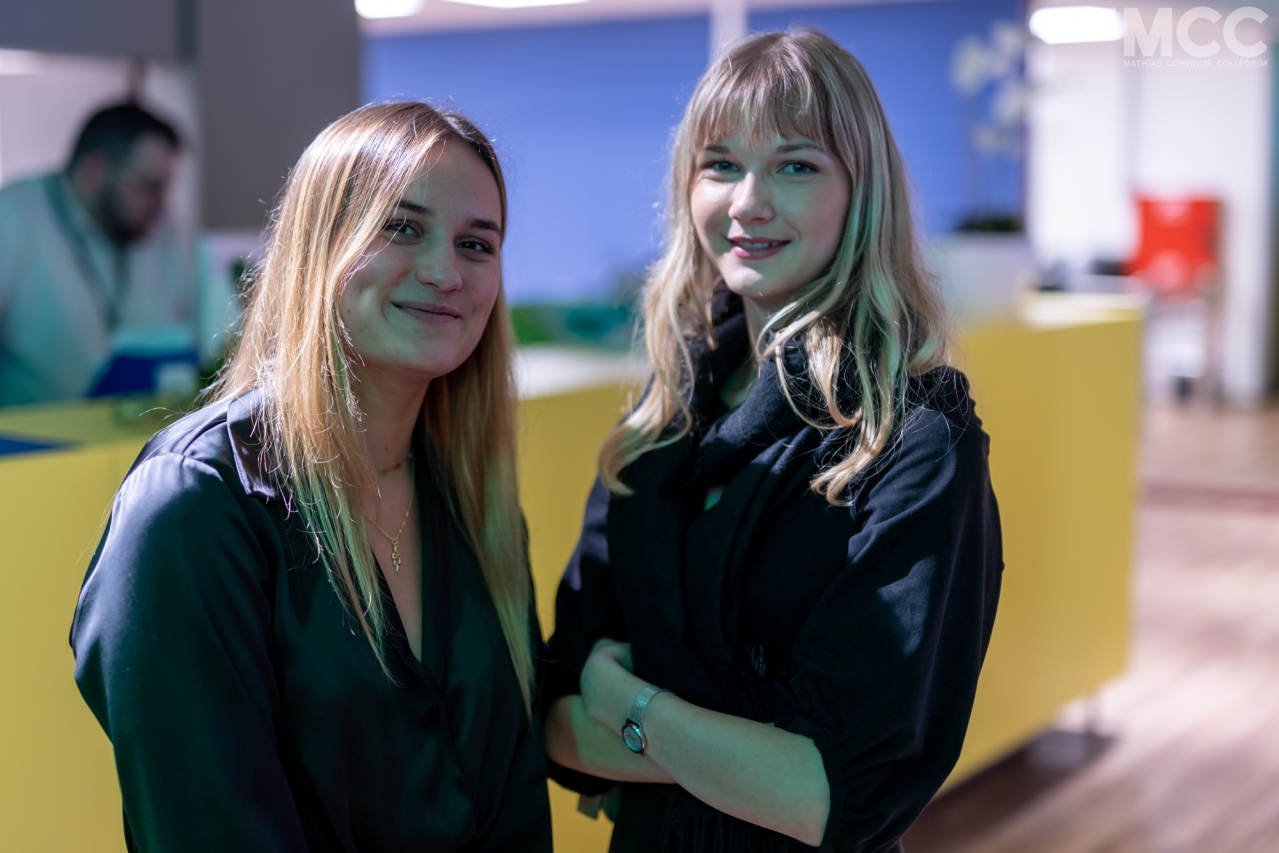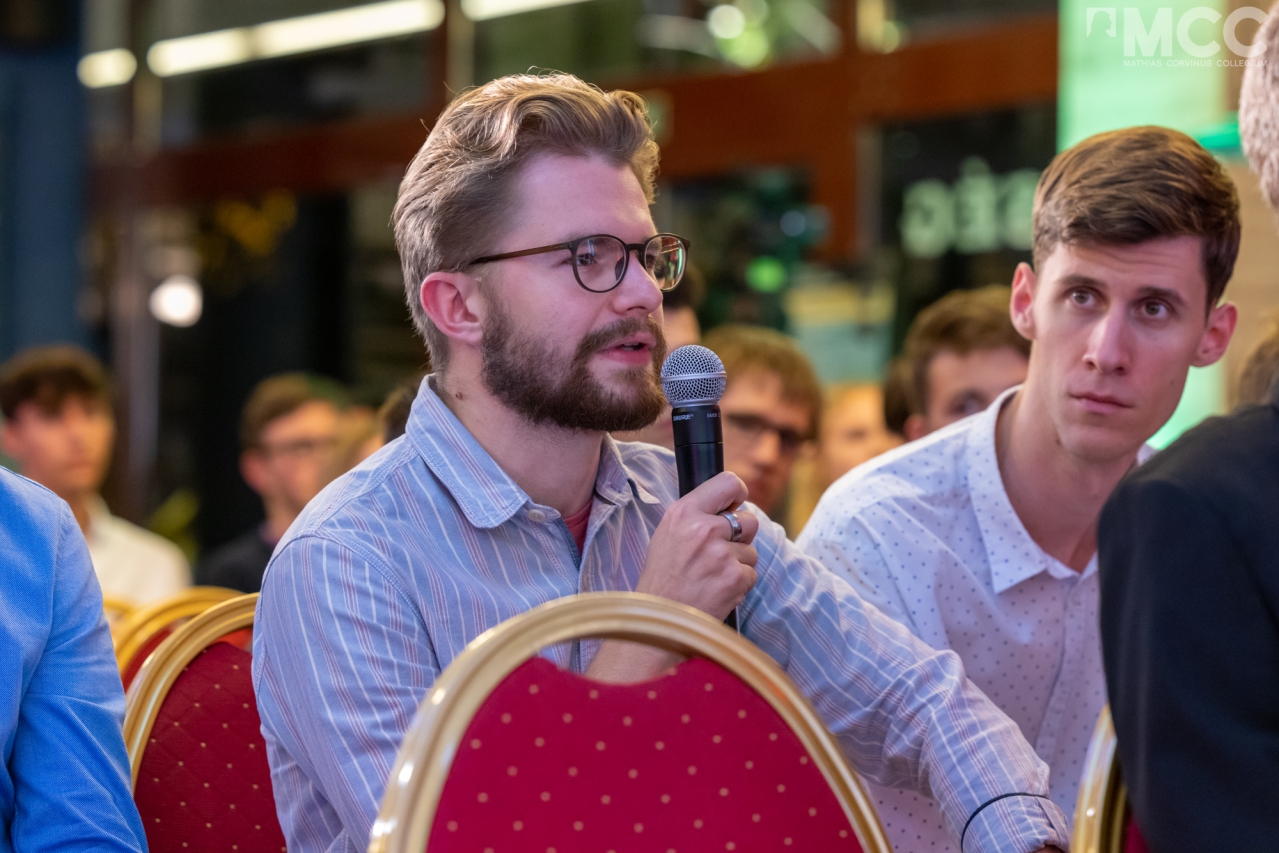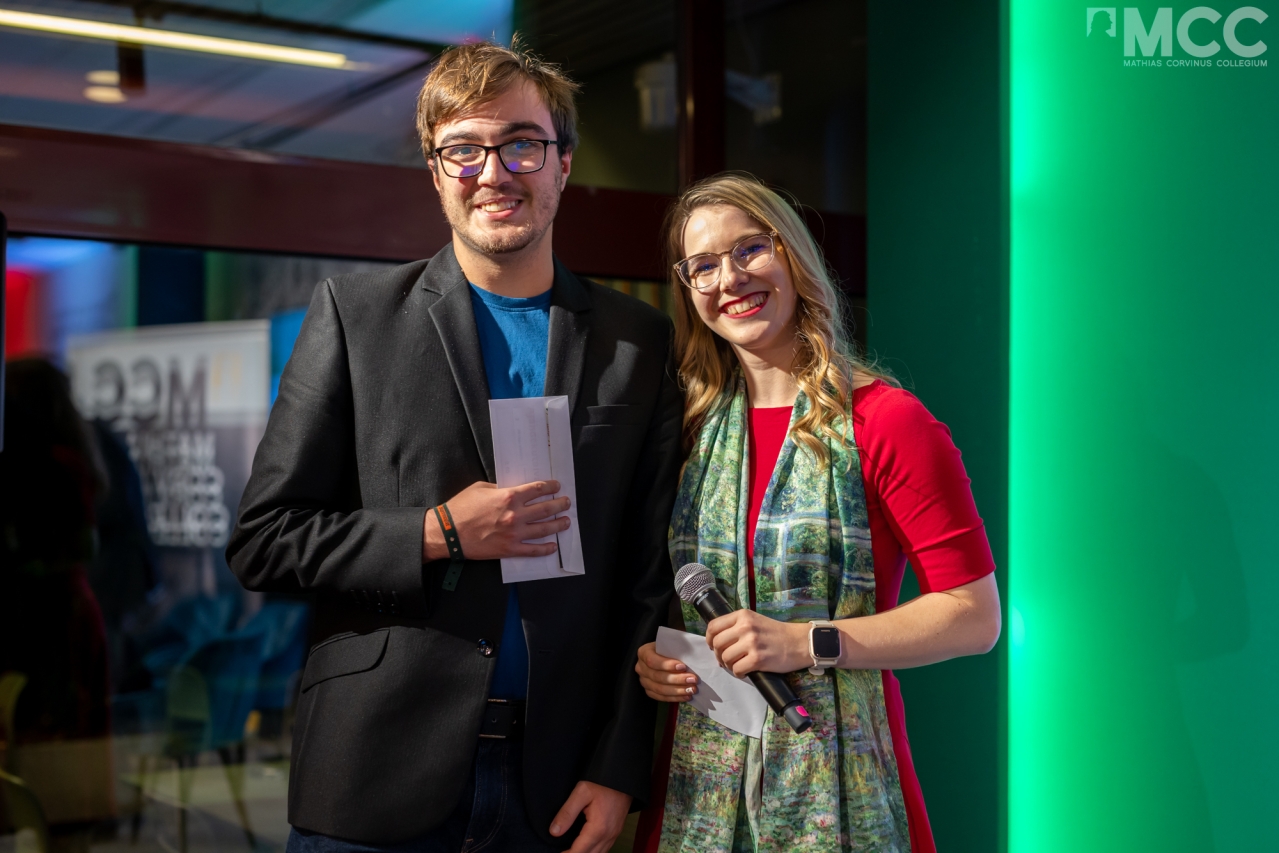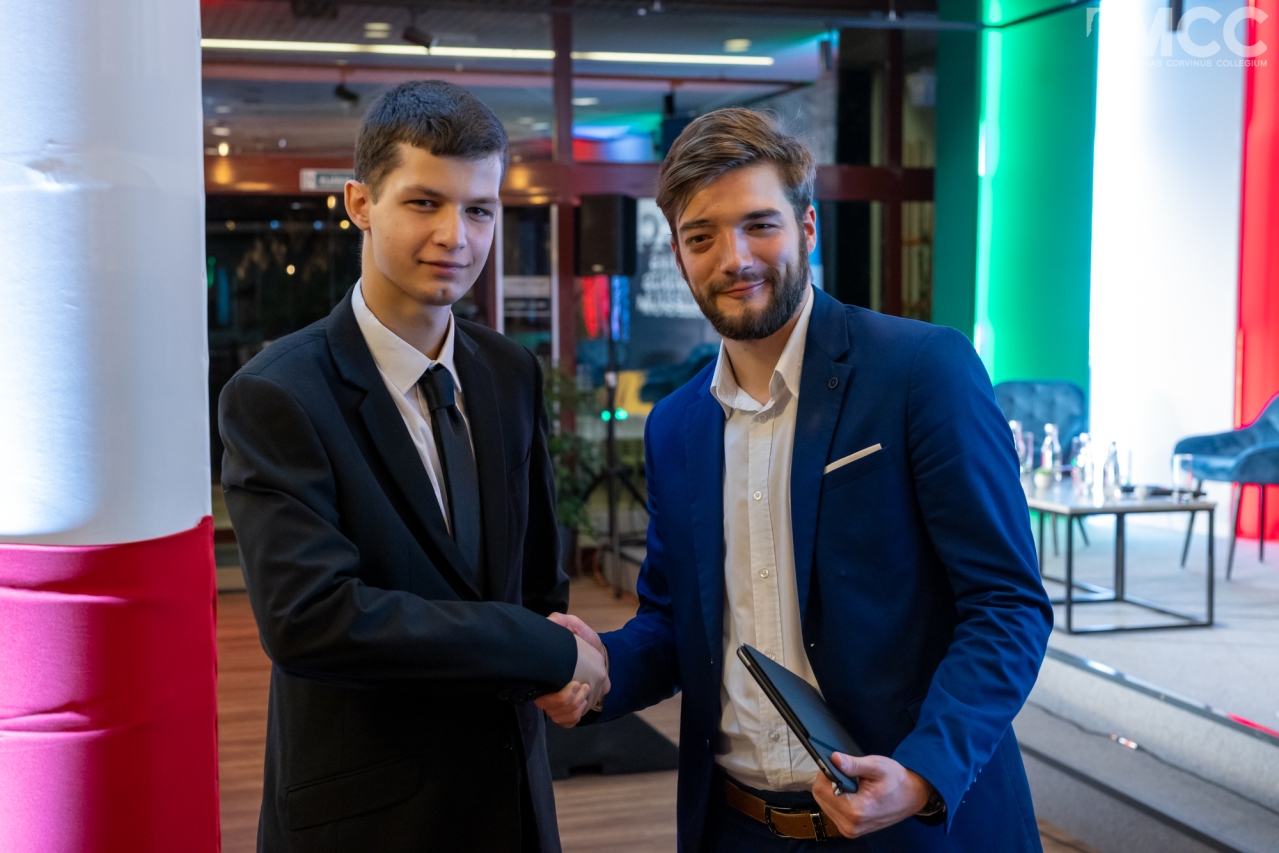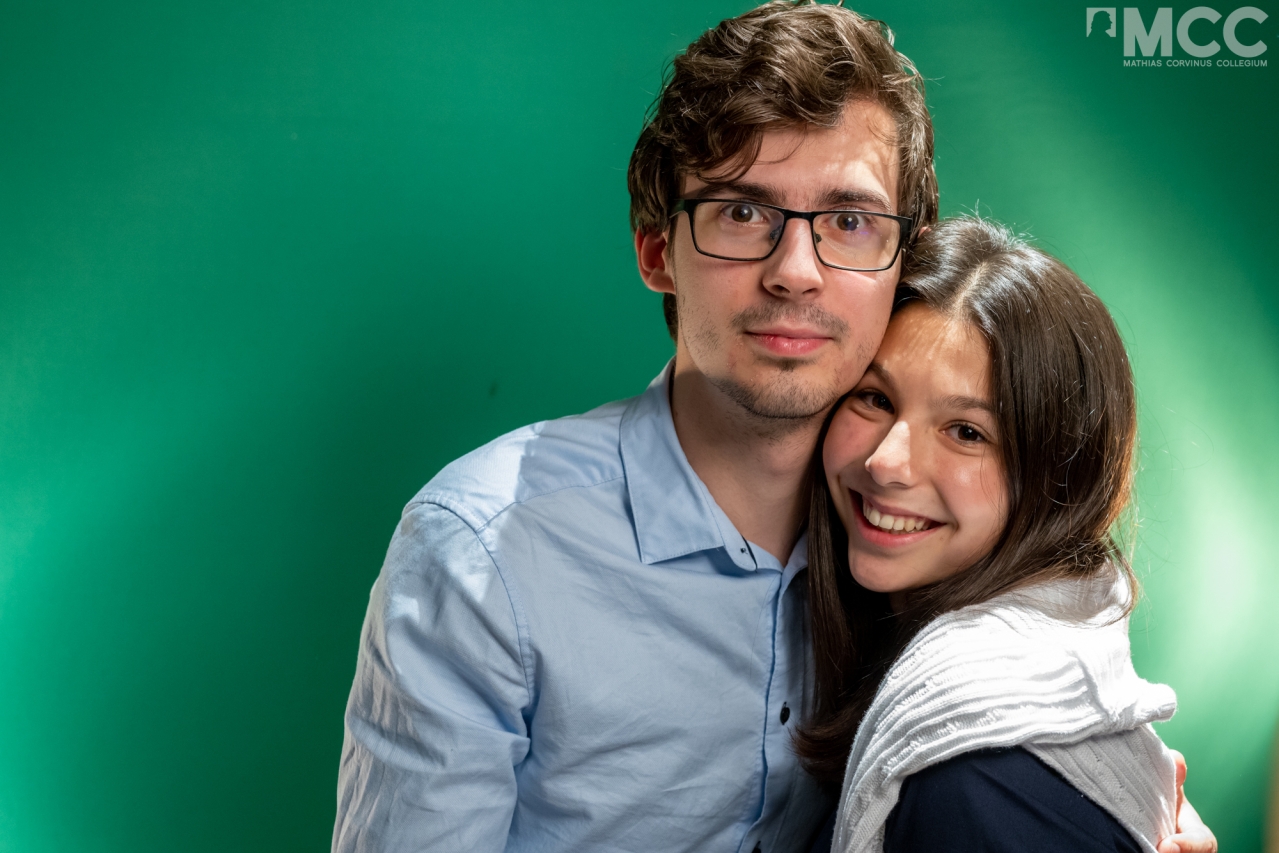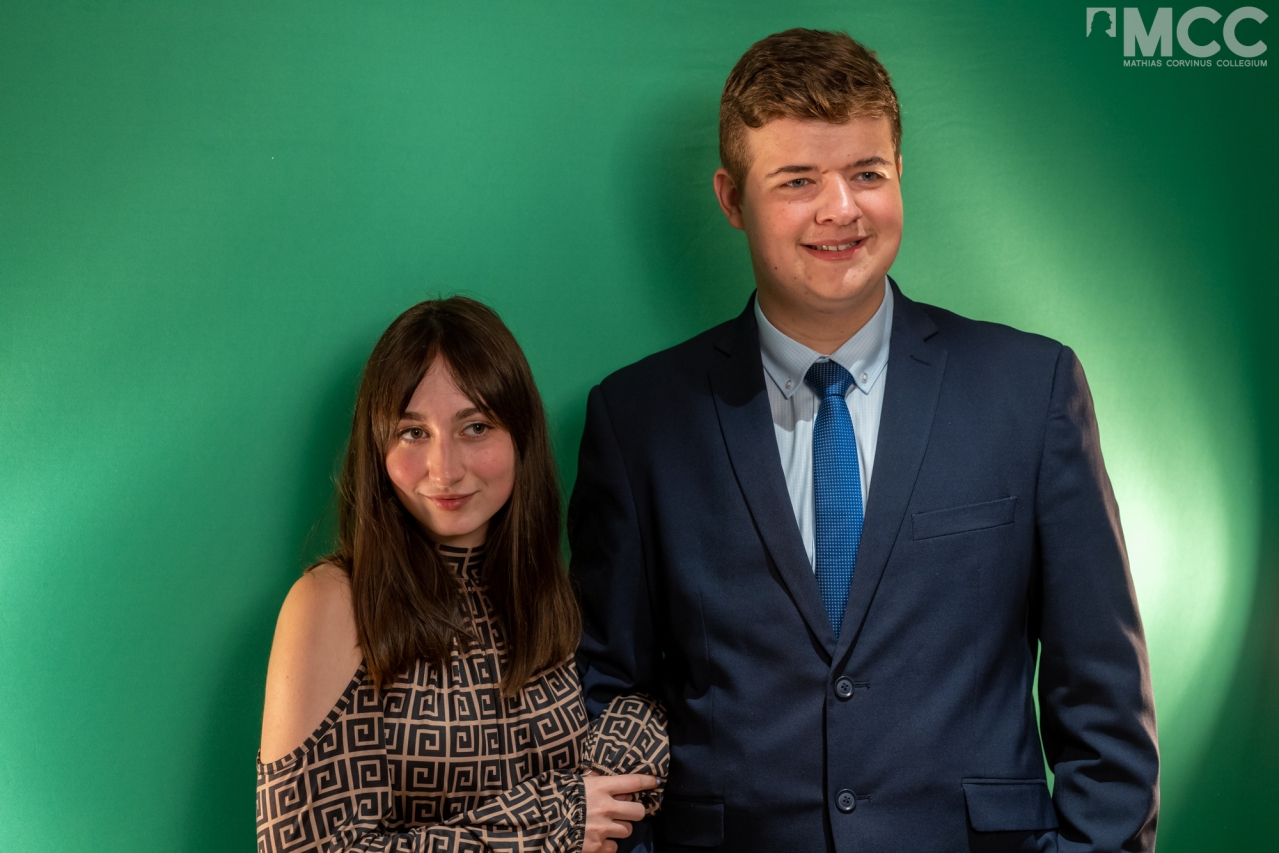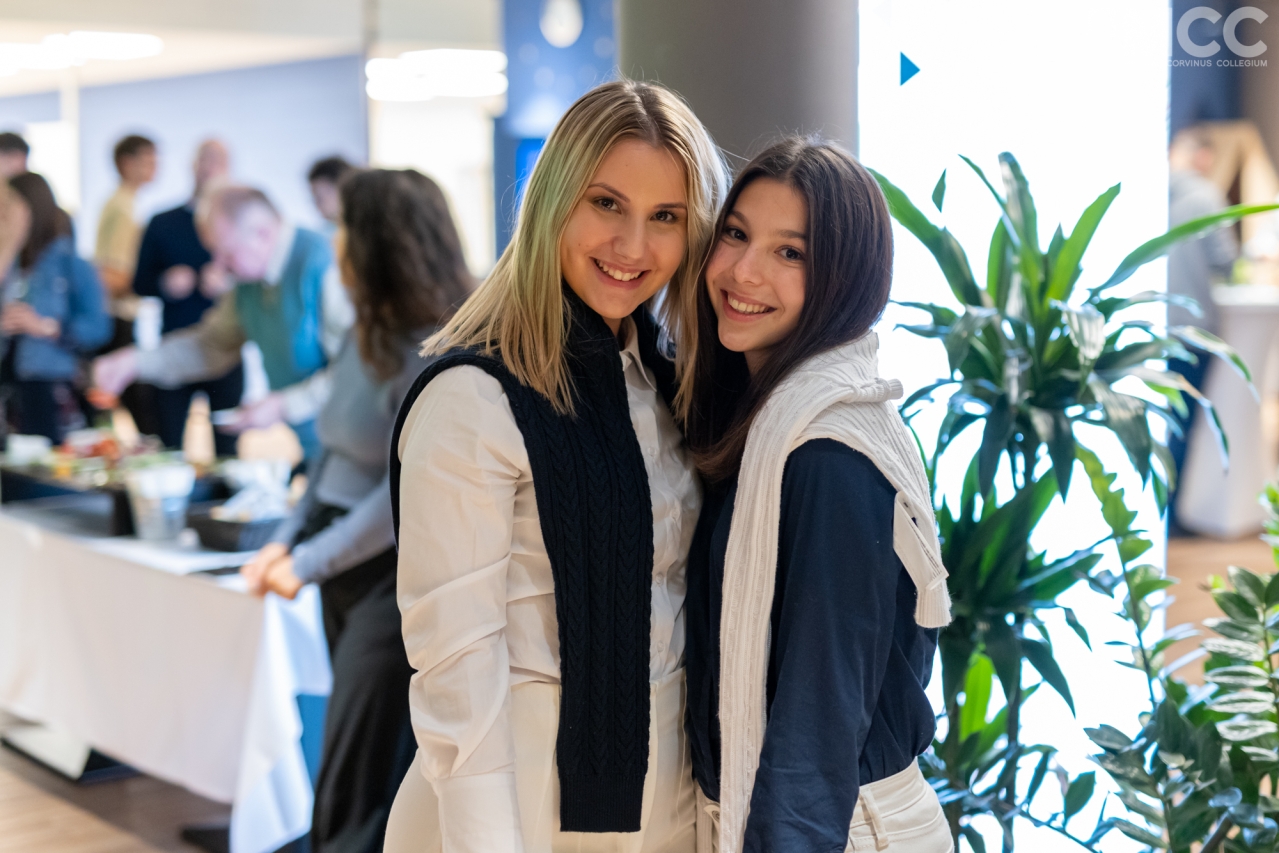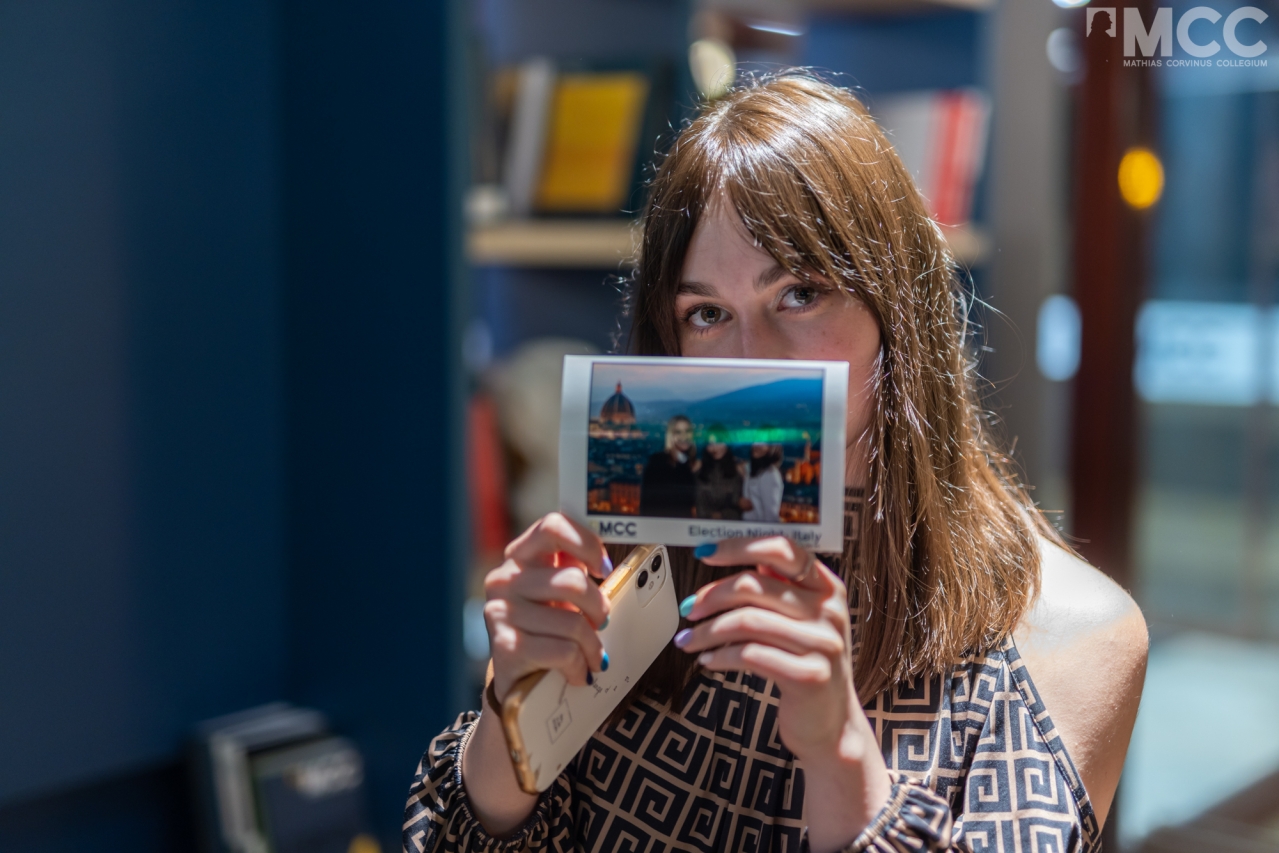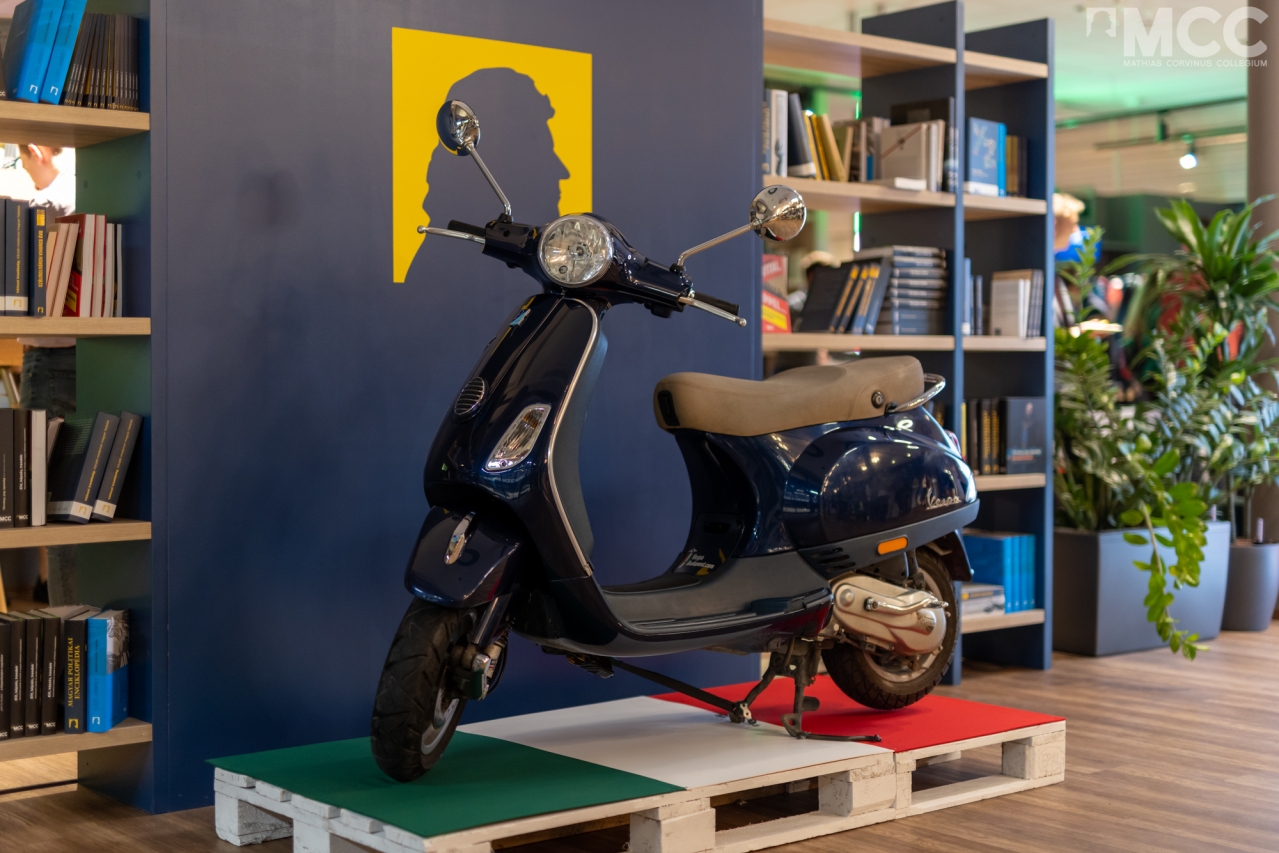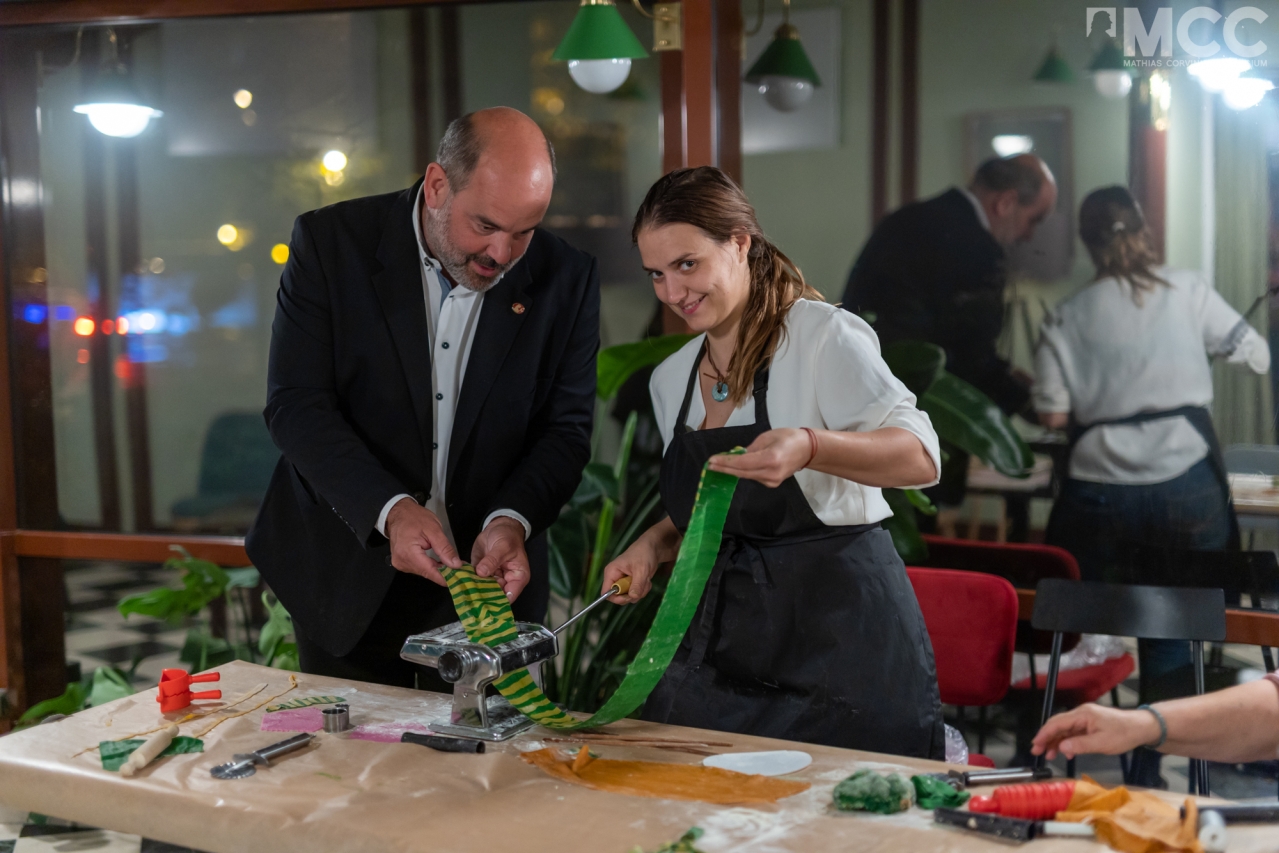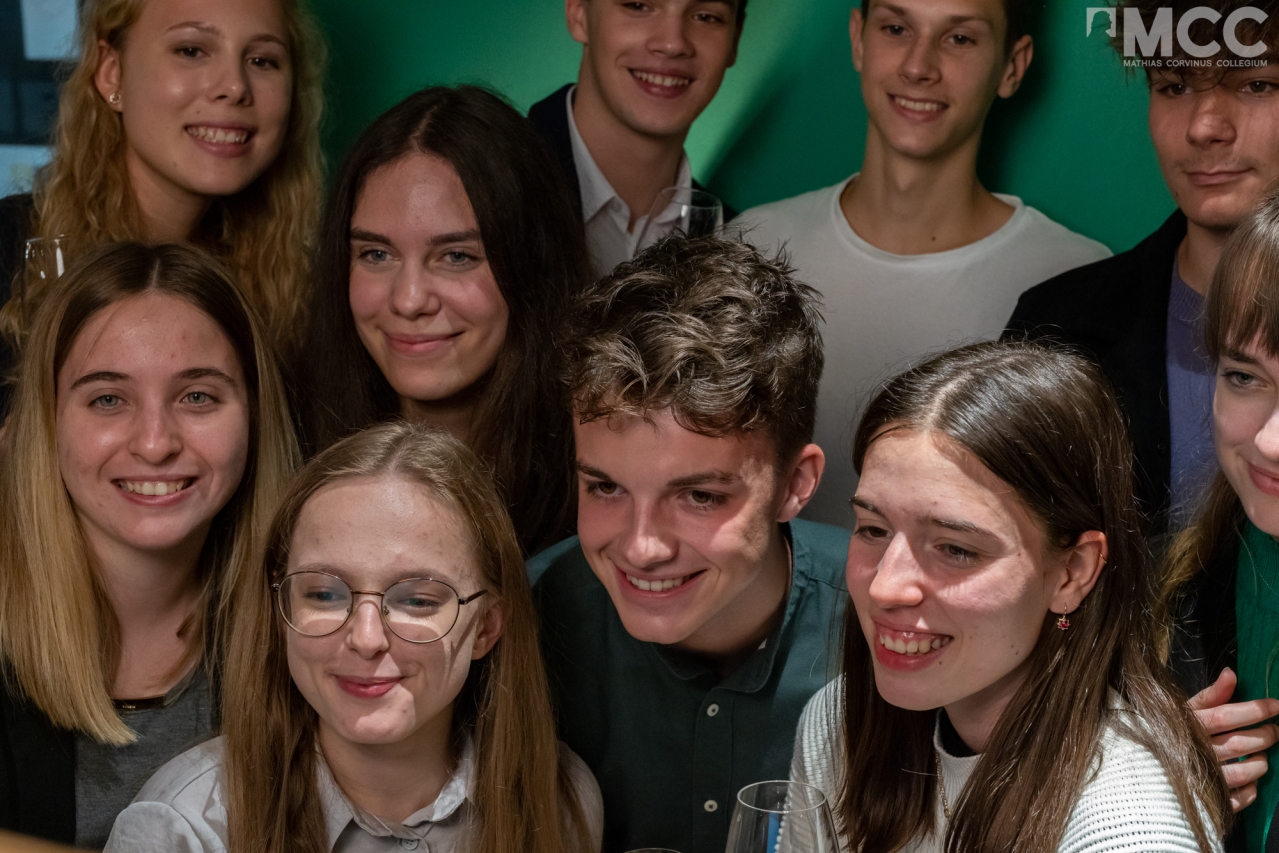Reading time: 2 minutes
In a landmark election for European politics, the people of the southern European 'boot' elected their new leaders in a parliamentary vote in Italy at the weekend. To mark the occasion, Mathias Corvinus Collegium organized another Election Night.
In the first panel of the event, Armando Nuzzo, PhD of MTA, participated; Tamás Péter Baranyi, Deputy Director for Strategy at the Institute of Foreign Affairs and International Economics; and András Hajdú, lecturer at the MCC's School of Social and Historical Sciences. The participants looked at how Italy can find political stability. On the subject, Armando Nozzu noted that Italians are used to having many governments, so the people don't really expect stability, but even he was surprised that such a large coalition could not last for long. Tamás Baranyi said that personal motivations also contributed to the situation. He believes that Mario Draghi's government should not necessarily have failed. András Hajdu pointed out that the break-up of the Italian bipolar party system in the 2010s was the basis for the current unstable situation.
In the second panel, Béla Szomráky, Italy expert; Anna Molnár, Head of the Department of International Security Studies at the National University of Public Services (NKE) and Bálint Tóth, researcher at the School of Social Sciences and History at the MCC, discussed the situation in Italy. The central question of the discussion was how a possible right-wing victory could change the relationship between Italy and the EU. Bálint Tóth stressed that Italy, as a founding member of the European Union, is an inescapable player in the community, but it is also important to recognize that the Italian political elite is well-entrenched in EU politics. The three right-wing parties belong to three different party families, and each party has a different approach to the EU on certain issues, Anna Molnár pointed out. According to Béla Szomráky, the right-wing government will not be in an easy position, as they will have to operate in a much bigger headwind than they have seen so far.
Visitors were able to experience first-hand the Italian electoral atmosphere, as between the panel discussions, Francesco Giubilei, President of the Naziona Futura Research Institute, was live from Italy. As well as presenting and analyzing the results, the event also gave attendees the chance to learn about Italian culture through activities such as wine tasting and Italian pasta making, and a photo booth was also available for the public.
